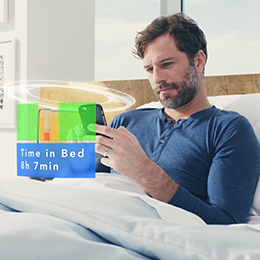Sleep—both in terms of quality and quantity—is a key pillar in today’s well-being practices, along with mindful eating and physical fitness. Studies show that getting enough sleep can help to curb health concerns, including obesity and heart-related issues. It can also increase one’s performance, whether in the office or at the gym.
There has been a recent surge in devices and technologies purported to help improve sleep. There are two major forces at play that make the emerging sleep technology market so attractive. For one, consumers are increasingly incorporating technology and gadgets into their everyday lives, so they are perfectly primed to try new products like devices as a solution for getting a better night’ sleep. Secondly, with warnings in today’s headlines on the issues associated with popular over-the-counter and Rx sleep medications, consumers will be turning to alternative therapies in higher numbers than ever before.
At this year’s Consumer Electronics Show in Las Vegas, NV, gadgets to help promote a good night’s sleep were plentiful, manufacturers from around the globe showcasing their newest innovations.
CEO Kevin Plank even addressed the sleep epidemic in the United States by introducing UnderArmour’s new slogan “Rest.Win.Repeat” and also practices what its new slogan preaches by introducing its Recovery Sleepwear. UnderArmour’s Recovery Sleepwear is a line of pajamas with technology to maximize athletic performance and optimize sleep.
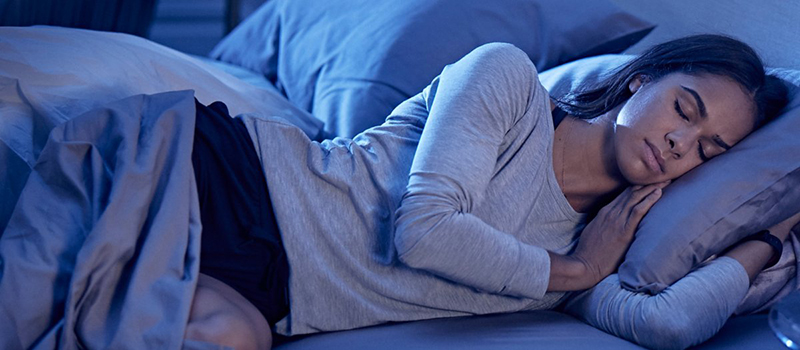
Other CES innovations included the smart bed from Sleep Number 360, which was developed to detect shifts in the body and continually adjust the mattress pad’s positioning throughout the night. The bed can adjust each side independently to accommodate two sleepers’ individual needs, and the company even claims it can detect your partner’s snoring and gently raise his or her side of the bed to quiet them. It can also pre-warm the feet area of each side of the bed to help sleepers fall asleep faster. Pricing has not yet been released, but it is expected to be close to $5,000.
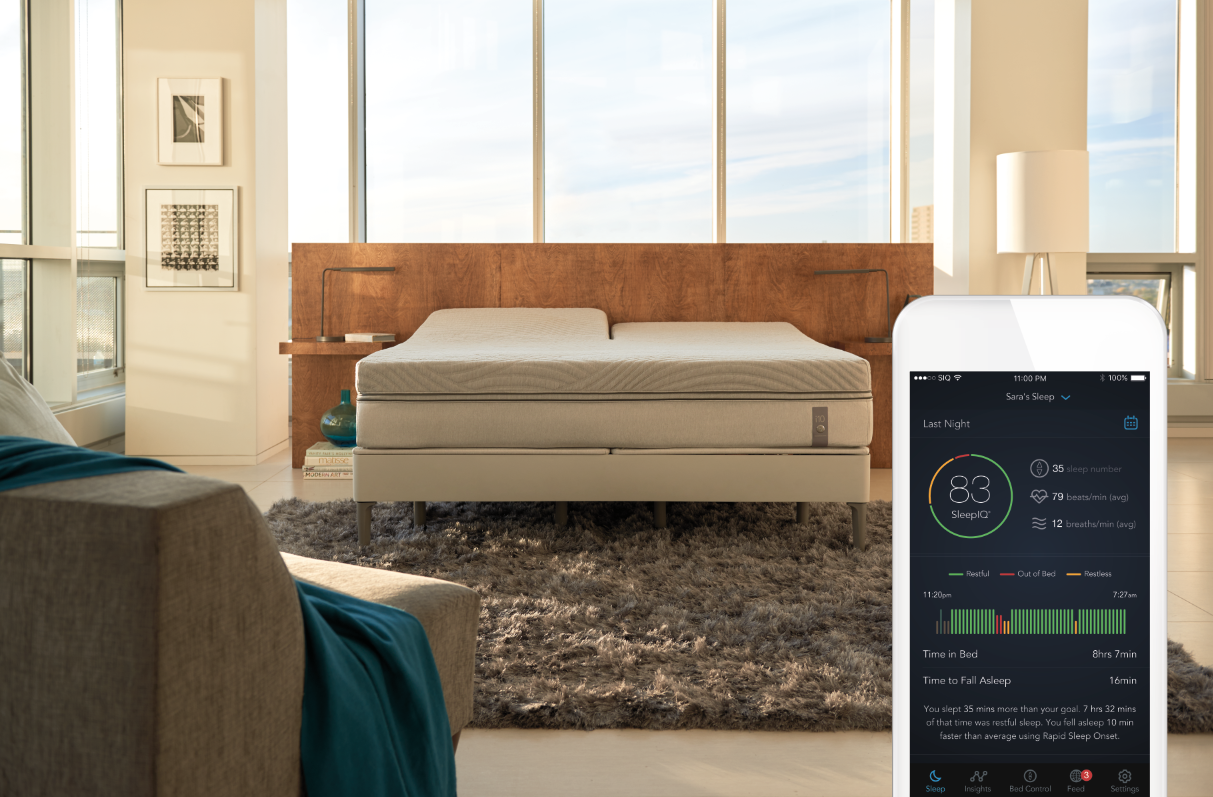
A more moderate price for sleep-deprived consumers might be the Zeeq Smart Pillow, which retails for under $300. The pillow plays music controlled by an app on a smartphone and monitors and reacts to snoring, analyzes sleep, and wakes up users to start their day. Other new-age sleep technology products are geared towards the sense of smell, such as Sensorwake’s Oria, which offers products that emit a smell to encourage sleep.
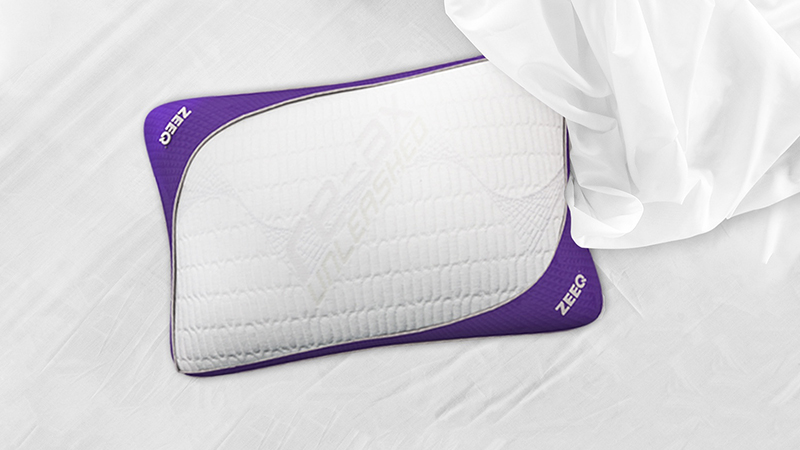
A more moderate price for sleep-deprived consumers might be the Zeeq Smart Pillow, which retails for under $300. The pillow plays music controlled by an app on a smartphone and monitors and reacts to snoring, analyzes sleep, and wakes up users to start their day. Other new-age sleep technology products are geared towards the sense of smell, such as Sensorwake’s Oria, which offers products that emit a smell to encourage sleep.
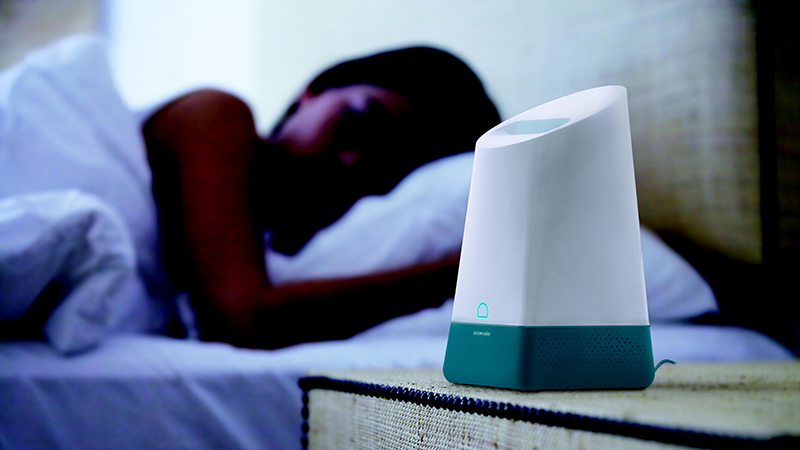
These products are enticing, but will consumers really buy them? Our new report, Sleep Technology: U.S. Market Analysis and Consumer Insights, will identify up to five consumer types based on sleep patterns and willingness to try certain types of sleep solutions. It will identify how primed consumers falling into each profile might be to incorporate technology- driven devices, from sound machines to trackers, into their daily sleep routines.
